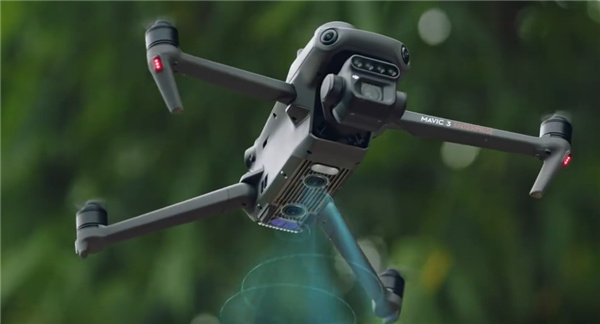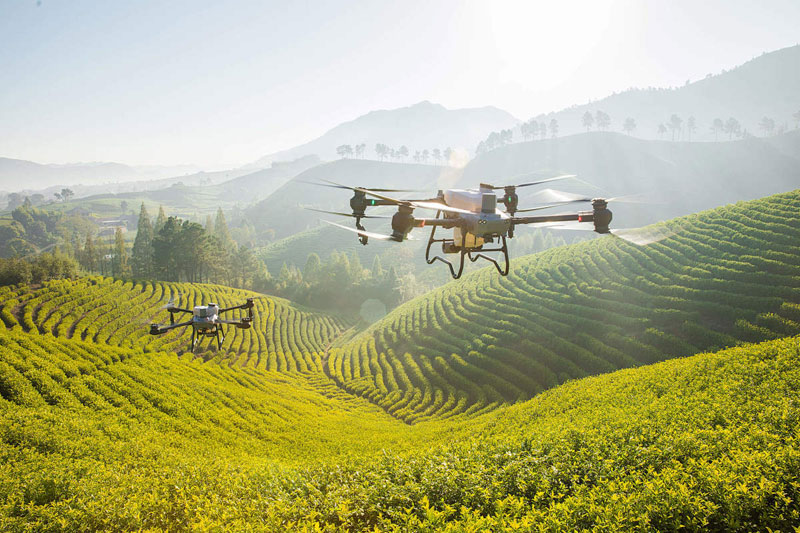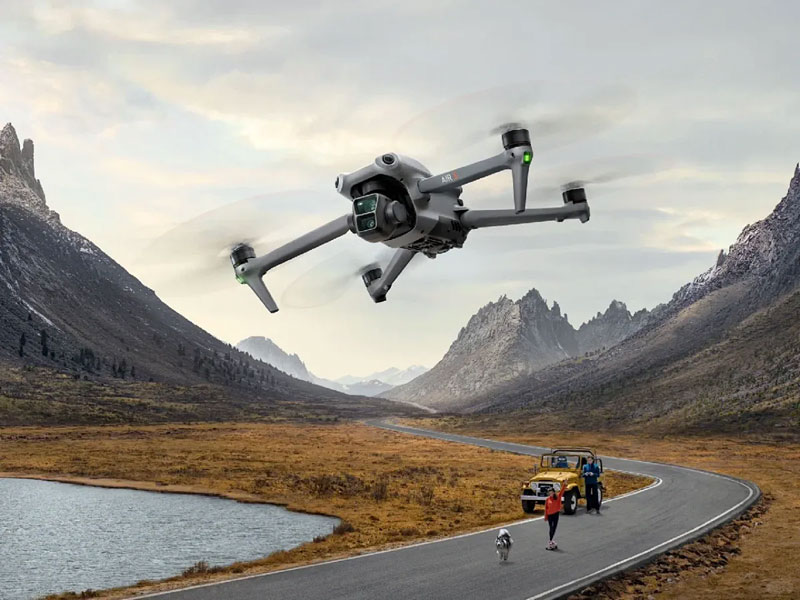In the ever-evolving landscape of modern industries, the exploration and implementation of worker drones have become pivotal. These autonomous or remotely controlled machines represent a revolution in how tasks are managed, especially in sectors that demand efficiency and precision. The potential of worker drones is immense, transforming industries in significant ways.
Worker drones are reshaping industries by offering unparalleled advantages. Their ability to operate in harsh or hazardous environments means they can perform tasks without risking human safety. Mining and construction industries have been early adopters, utilizing drones to monitor sites, manage material transport, and ensure workplace safety. In fact, drones equipped with cameras or sensors provide real-time data, helping to make informed decisions swiftly.
Enhancing Efficiency and Production
Efficiency is a keyword in the adoption of worker drones. Their usage minimizes downtime and augments productivity. Industries such as agriculture have leveraged drones to survey fields, assess crop health, and optimize irrigation. Worker drones, equipped with advanced imaging technology and AI, deliver precise analytics, allowing farmers to maximize yields while reducing resources.
Consider logistics and warehousing; worker drones play a significant role in inventory management and order fulfillment. With their ability to navigate complex environments swiftly, drones reduce the time required for sorting and dispatching goods, resulting in a streamlined workflow.
Technological Innovations Driving Growth

The growing reliance on drones in various sectors is fueled by rapid technological innovations. Advancements in AI and machine learning mean drones are becoming smarter and more adaptable. These technologies enable drones to learn from their environment, improving their operational capabilities.
Additionally, battery technology improvements are critical. Longer battery life means extended operational hours, enhancing productivity. Innovations in material science also mean drones can be lighter yet more durable, extending their use across demanding terrains.
Challenges in Drone Implementation
Despite the benefits, integrating worker drones is not without challenges. Regulatory hurdles are significant as industries grapple with laws governing drone use. Privacy concerns, particularly regarding surveillance capabilities, remain a topic of debate. Industries must balance the technological advantages with ethical considerations, ensuring that drones are employed responsibly.

Future Trends in Worker Drones
The future is promising as more industries recognize the value of drones. We foresee an increased integration with Internet of Things (IoT). Drones will work in conjunction with IoT devices, providing a seamless flow of information across platforms. Moreover, drone swarm technology is set to change the sector; groups of drones will collaborate, increasing efficiency and covering more ground rapidly.
Another exciting trend is autonomous resiliency. As drones become self-sustaining, their independence enhances their ability to work in isolated scenarios, providing essential services where human intervention is limited.
In conclusion, the potential of worker drones is being unlocked across various sectors, driving innovation and efficiency. The journey ahead involves addressing challenges while capitalizing on technological advancements.
FAQs
- What industries benefit most from worker drones?
- Industries such as agriculture, construction, logistics, and mining have seen the most impact from drone implementation, primarily due to efficiency and safety advantages.
- Are there any legal restrictions on drone usage in industries?
- Yes, each country has specific regulations governing drone usage, focusing on safety, privacy concerns, and airspace rights. Businesses must adhere to these regulations.
- How do drones contribute to sustainable practices?
- Drones enhance efficiency, reducing waste and optimizing resource use, which contributes to more sustainable and environmentally friendly industrial operations.

